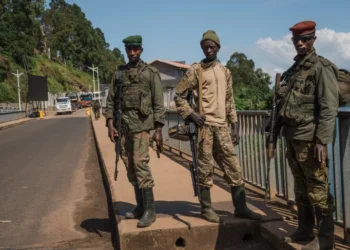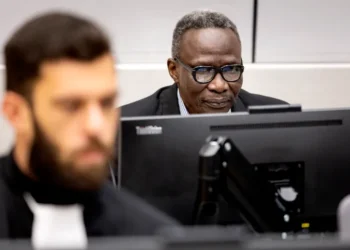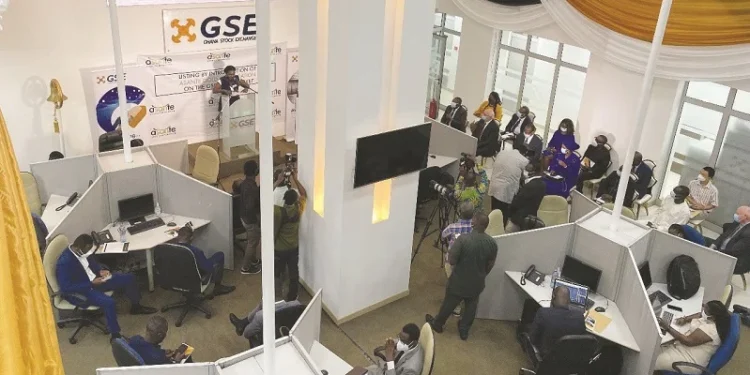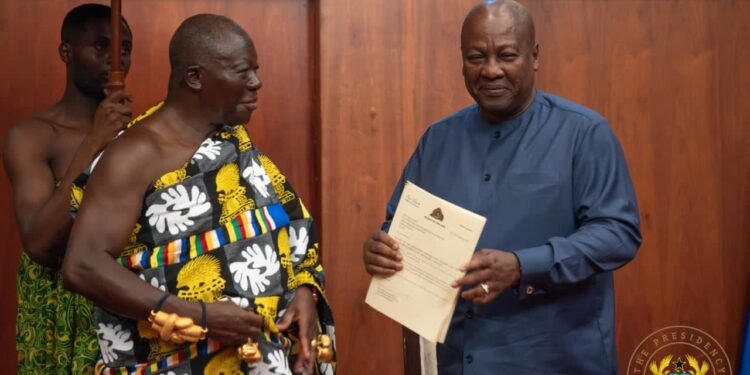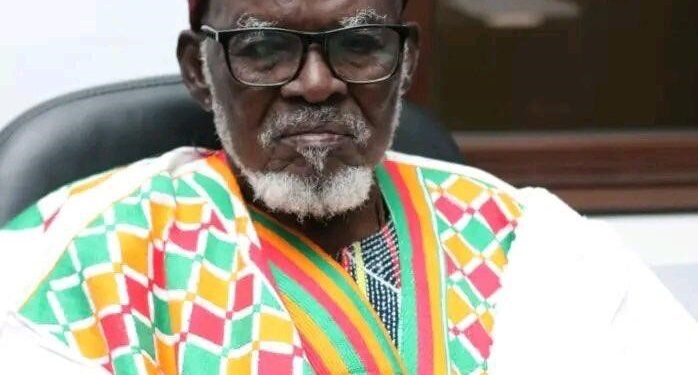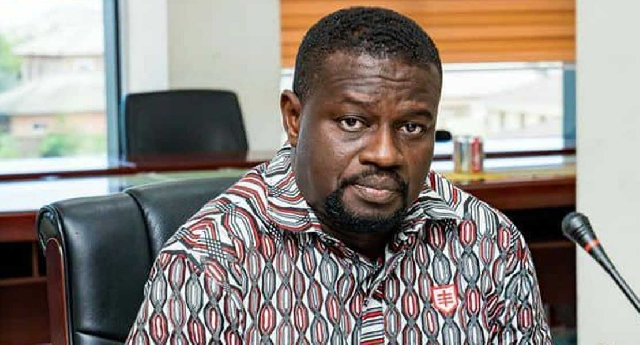Prominent Ugandan opposition leader Kizza Besigye has reportedly been kidnapped in Kenya and taken to a military jail in Uganda, according to his wife, Winnie Byanyima, the executive director of UNAIDS.
The allegations have sparked calls for his immediate release and raised questions about political oppression in the region. Byanyima, in a post on X (formerly Twitter), revealed that Besigye was abducted on Saturday while attending a book launch in Nairobi, Kenya.
“I am now reliably informed that he is in a military jail in Kampala. We, his family, and his lawyers demand to see him. He is not a soldier. Why is he being held in a military jail?”
Winnie Byanyima
The Ugandan government and military have remained silent on the matter, offering no official statement regarding Besigye’s detention or the reasons behind it.
Scheduled Military Court Appearance
One of Besigye’s lawyers, Erias Lukwago, confirmed that Besigye is expected to appear before a military court. Lukwago disclosed, “The latest information we have is Besigye is in military cells in Kampala and the army is planning to produce him in the General Court Martial today.” However, the charges against him remain unclear.
Police in Uganda have distanced themselves from the incident. Police spokesman Kituuma Rusoke said, “We do not have him and cannot comment on his whereabouts.” Meanwhile, Korir Singoei, Kenya’s foreign affairs principal secretary, denied Kenya’s involvement in the alleged abduction.
A History of Political Persecution
Besigye, a long-standing critic of Ugandan President Yoweri Museveni, has faced numerous arrests and detentions over the years. Once Museveni’s personal physician during Uganda’s rebel-led war, Besigye later broke ranks to become one of the president’s most vocal opponents.
Besigye has run against Museveni in four presidential elections, each time rejecting the results and alleging widespread voter fraud and intimidation.
Museveni, who has ruled Uganda since 1986, has frequently faced accusations of human rights violations, including illegal detentions, torture, and extrajudicial killings, particularly targeting opposition figures and their supporters.
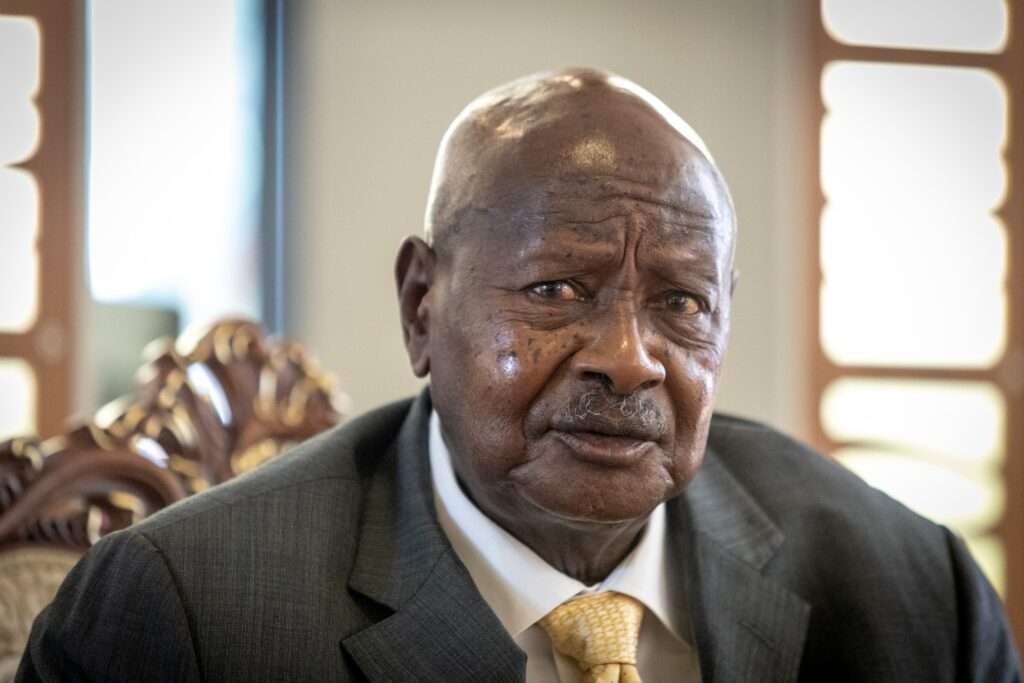
Authorities in Uganda have consistently denied such accusations, asserting that all detentions are lawful and follow judicial procedures.
Rising Political Tensions
The alleged abduction of Besigye follows heightened tensions between the Ugandan government and opposition groups. In July, Kenyan authorities arrested 36 members of Besigye’s Forum for Democratic Change (FDC) party, one of Uganda’s main opposition groups, deporting them to Uganda on terrorism-related charges.
Critics argue that such actions reflect a broader pattern of political repression under Museveni’s administration. Alex Ochieng, a political analyst based in Kampala, noted, “This incident, if true, is yet another example of the shrinking democratic space in Uganda. It sends a chilling message to anyone daring to challenge the status quo.”
Calls for International Action
Byanyima’s plea for her husband’s release has drawn attention to the broader issue of political persecution in Uganda.
Activists and international observers have called for greater scrutiny of Museveni’s government, urging the international community to intervene.
As the situation unfolds, questions linger about Besigye’s fate and the implications of this incident for Uganda’s political landscape. Whether his detention will trigger renewed efforts to challenge Museveni’s rule or further suppress opposition voices remains to be seen.






